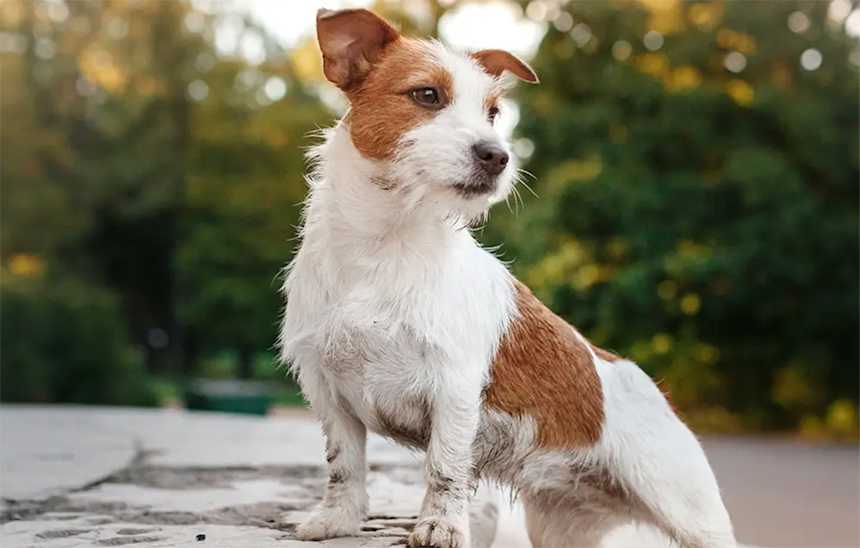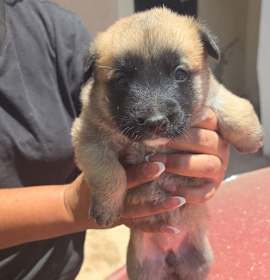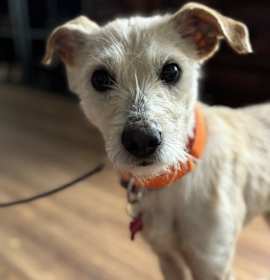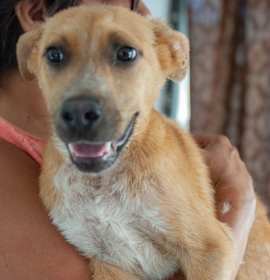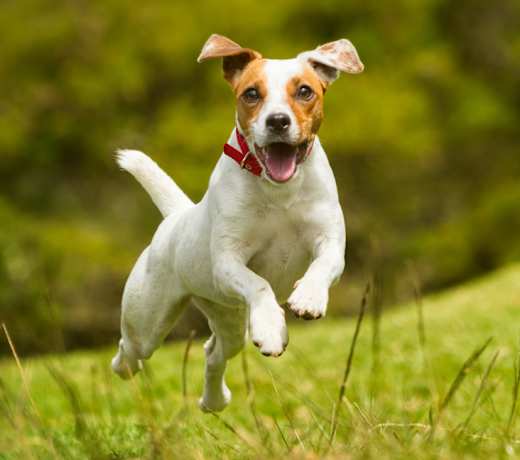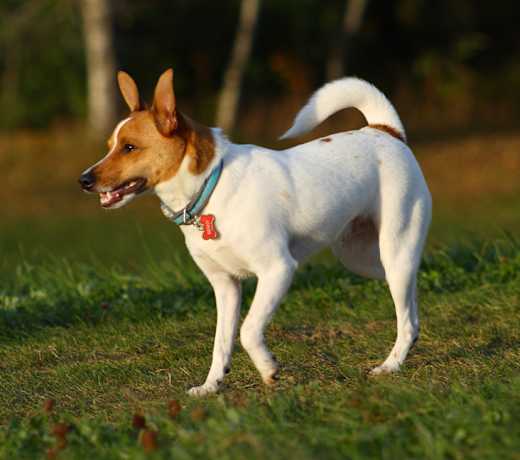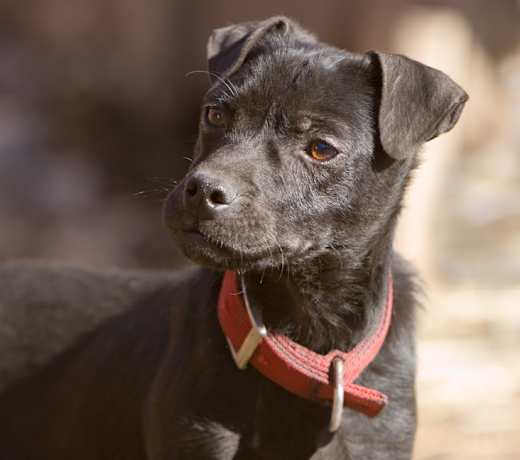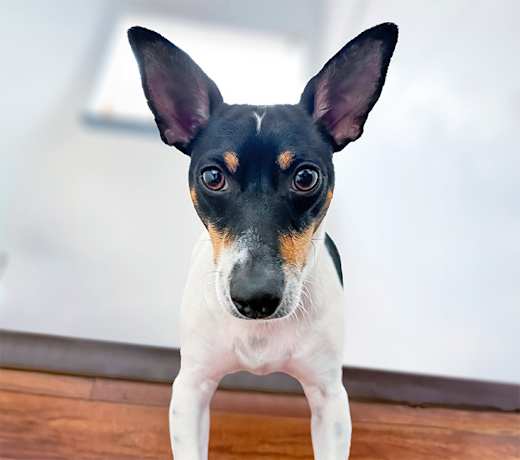A full-grown Parson Russell Terrier should reach a height of 11 to 15 inches at the shoulder and weigh between 11 to 23 pounds, with males often on the slightly larger end of the range.
Genetics primarily determine their adult size, as traits from their lineage can influence growth patterns and eventual mature height or weight. Nutrition is also essential; a balanced diet supports steady growth in puppies and keeps adults lean but well-muscled. Physical activity further shapes their body condition, as regular, moderate exercise helps them develop strong muscles and maintain a healthy weight, which are important for this agile, active breed.
